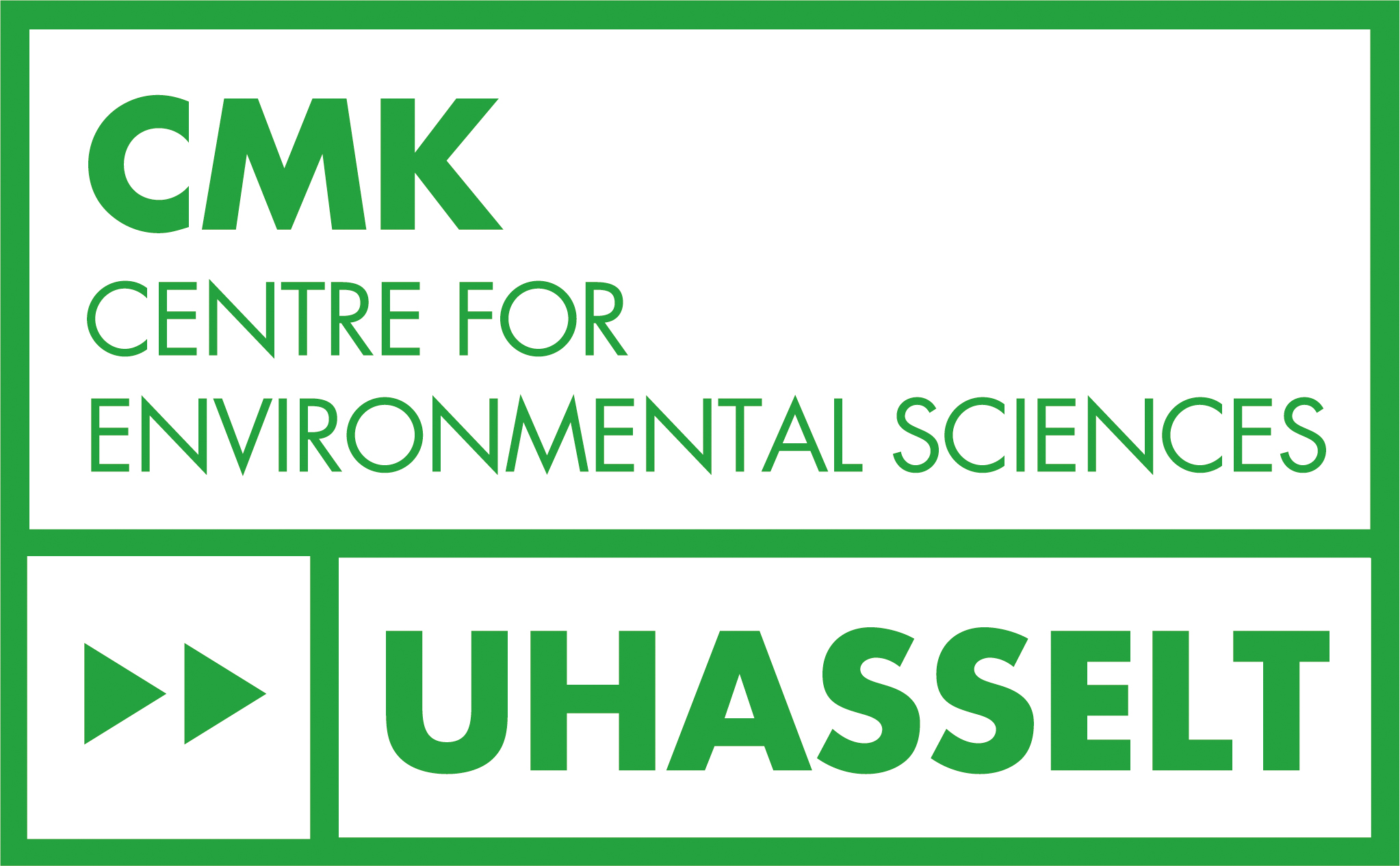NEMESIS

In recent years, there has been growing concern about the harmful effects of environmental chemicals, such as plasticizers in plastics and pesticides, which has led to accelerated research related to this topic. The focus has been on the ability of environmental chemicals to exert estrogenic activity that disrupts the body's normal hormone functions. Recently, it has been noted that several environmental chemicals can interfere with the body's normal metabolism. For example, exposure to some of these compounds has been linked to an increase in obesity, fatty liver and insulin resistance. Fund research on this topic, as the role of metabolism-disrupting chemicals as a cause of disease needs to be clarified so that citizens can be protected by chemical policies based on strong scientific evidence. The NEMESIS project (Novel Effect biomarkers for MEtabolic disruptorS: evidence on health Impacts to science and policy NeedS) brings together several disciplines. The ability of environmental chemicals to disrupt metabolism will be investigated with different cohorts in different EU countries. Mechanisms behind adverse health effects will be investigated using state-of-the-art in vitro methods. The effects of exposure to environmental chemicals are studied in the whole organism, for example in zebrafish. In addition, the goal is to increase the impact of research results by raising citizens' awareness of the harmful effects caused by environmental chemicals and how to avoid exposure to these harmful chemicals in everyday life. The project brings together researchers from across Europe that is coordinated by the University of Eastern Finland. There are also partners from the University of Oulu, University of Tampere, Karolinska Institute, NOVA University Lisbon, University of Hasselt, Berlin Institute of Health at Charité, Aristotle University of Thessaloniki, Université libre de Bruxelles, University of Umeå, NovaMechanics, Spanish National Research Council, Dr. Margarete Fischer-Bosch Institute of Clinical Pharmacology and Foundation for Health and Biomedical Research and Innovation of Asturias.

